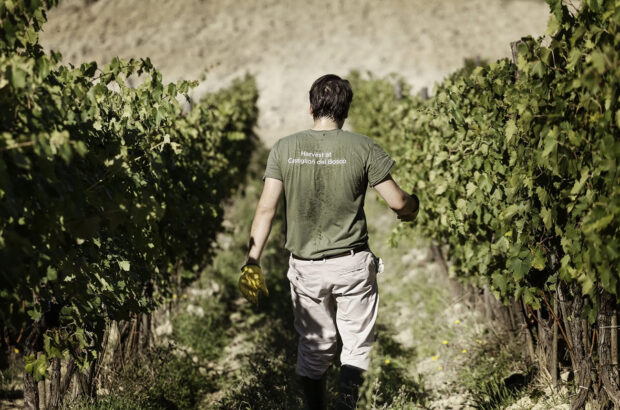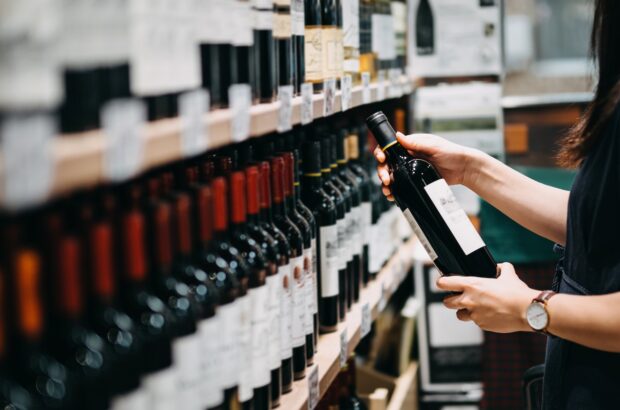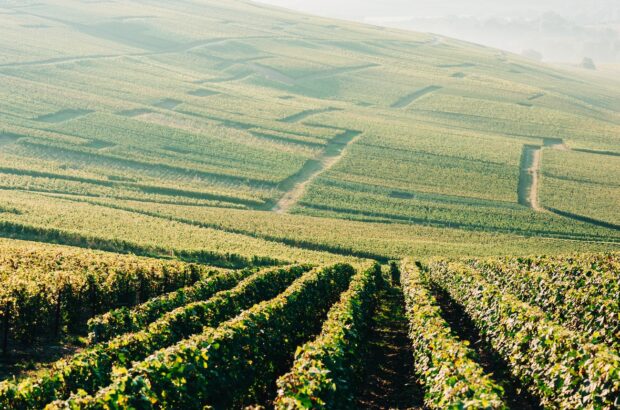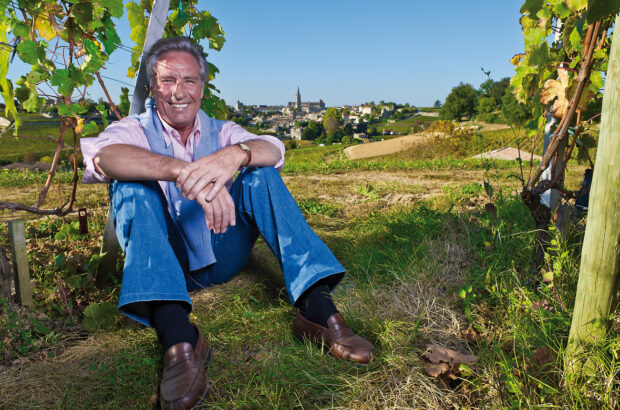Winemakers in AOC Saint Emilion Grand Cru have tightened quality controls surrounding their bottling, with new plans to test wines after bottling, and again at five years old starting from the 2014 vintage.
‘We want to ensure that consumers can believe in the idea of a true quality difference between AOC Saint Emilion and AOC Saint Emilion Grand Cru,’ Francois Quenin, president of the Conseil des Vins de Saint Emilion told decanter.com.
‘We know that perhaps 20% of existing wines in the Grand Cru appellation are not up to the right level of quality, and have chosen to have the courage of our convictions to do something about it.’
In a June vote, 60% of the 170 local winemakers present were in favour of the amend, which will ensure that every batch of wines bottled must be submitted to a tasting by independent body Quali’Bordeaux. If one lot is unacceptable, the winemaker’s entire production will be tested.
All winemakers must also keep a small sample of wines at the winery to be tested again after five years in bottle, to ensure they are ageing correctly.
The Conseil des Vins will also buy 360 bottles per year from supermarkets and wine shops to further test them for quality, and the results will be relayed to the winemakers.
‘One of the key signatures of an AOC Saint Emilion Grand Cru should be its ability to age,’ said Quenin. If there are any issues after this time, wines will not be withdrawn from sale as that would not be possible, but the winemaker will be alerted of potential issues with their process.’
Other new measures include will a (voluntary) authenticity stamp for wine labels ensuring both traceability and a guard against forgeries. Similar measures are being used by the Cru Bourgeois wines in the Médoc.
The plan will cost €16 per hectare to winemakers.
Written by Jane Anson







